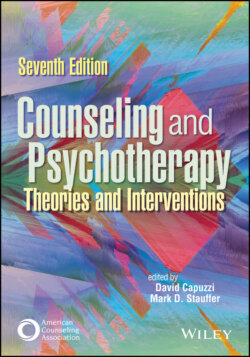Читать книгу Counseling and Psychotherapy - Группа авторов - Страница 143
Self-Psychology
ОглавлениеSelf-psychology was founded by Heinz Kohut in the 1970s on the premise that the self is the essence of a person’s being and consists of sensations, feelings, and self-image. Although this approach is aligned in many ways with psychoanalysis, a significant conceptual difference is the self as the dynamic foundation for personality that shapes the client’s establishment of boundaries and the differentiations of the self, rather than a system of drives and motivations (Riker, 2013).
Self-psychology suggests that the quality of the relationship between a child and a caregiver has a significant role in the development of a healthy and cohesive personality structure. When a child does not have an appropriate self-object differentiation because of early life trauma, the child is unable to separate the self from the object (in this case, the traumatic experience). The trauma then remains unprocessed and stays in the unconscious as a core negative experience, which derails normal development into adulthood. This would be expressed in the adult client as preoccupations with negative thinking, depression, suicidal thinking, attention deficits, hyperactivity, self-mutilation, and eating disorders (Rowe, 2013).
